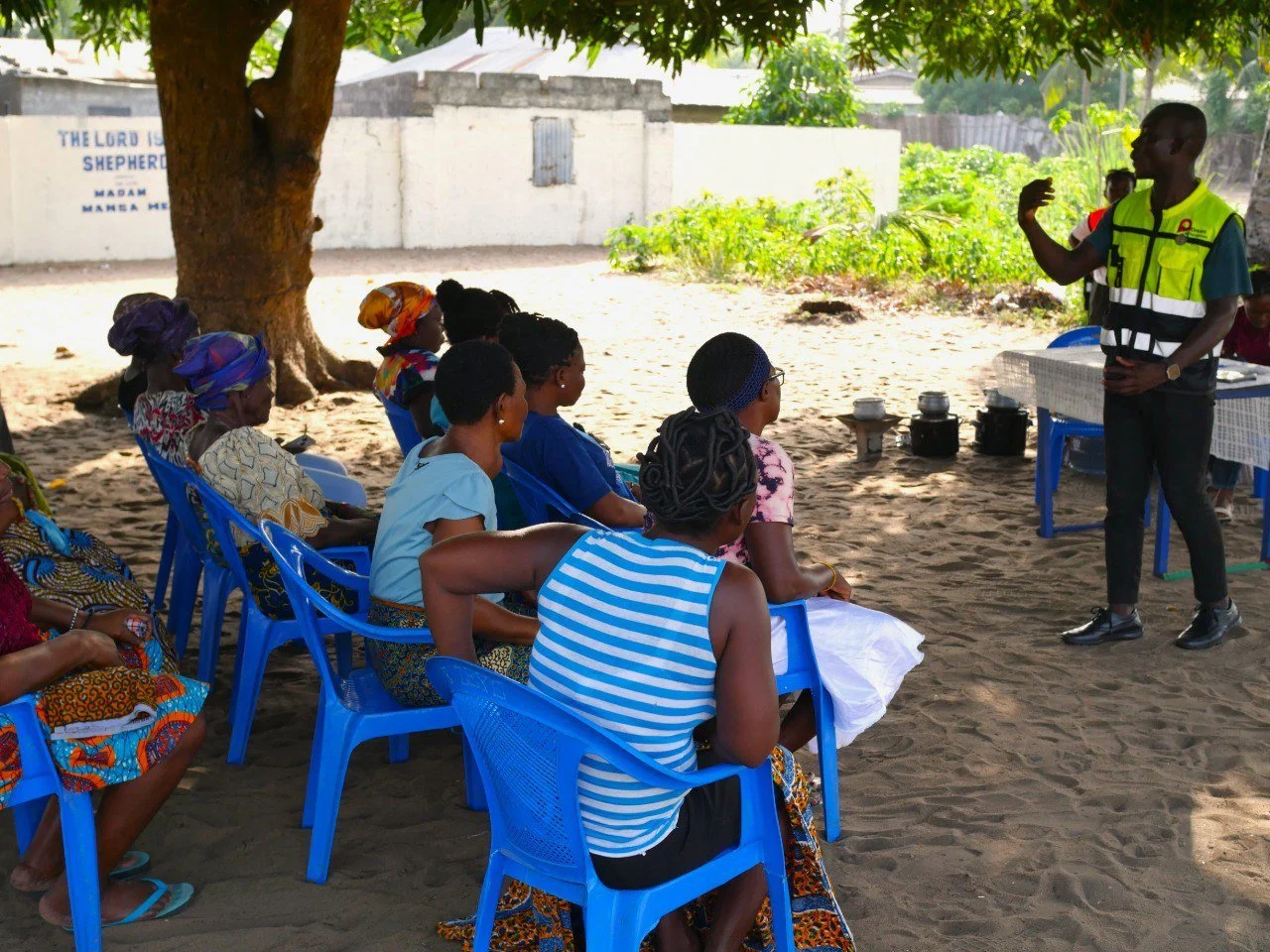Shompole Prosopis Removal and Grassland Restoration Project, Kenya
Invasive Prosopis juliflora removal project under development designed to restore degraded grazing lands for livestock and wildlife while delivering permanent carbon removal through biochar production and soil application, with strong community livelihood benefits.
Status: Under development
Standard: Puro.earth (planned)
Project Type: Invasive alien species removal, biochar carbon removal, grassland restoration
Location: Shompole, Kenya
Implementation Area: Over 4,000 ha
Estimated Climate Impact: 6,030 CORCs per year over a 20-year period
Intervention Model: Mechanical removal of Prosopis with biomass used as feedstock for pyrolysis to produce biochar. A portion of biochar is applied back to soils at optimal rates to support grassland recovery while enabling permanent carbon capture.

